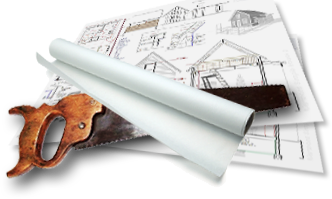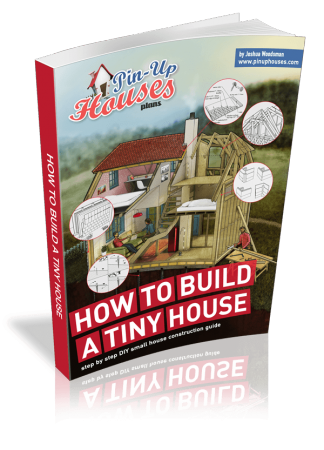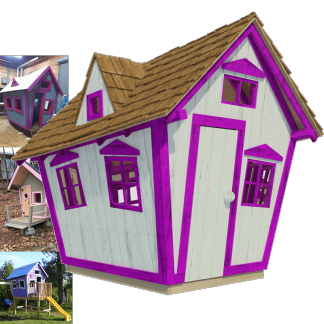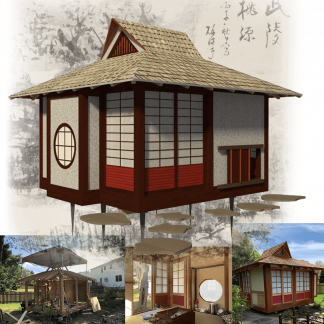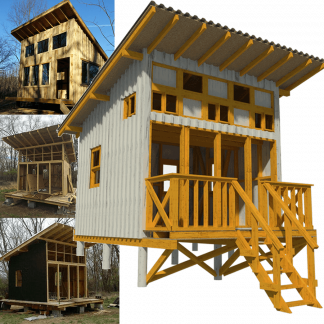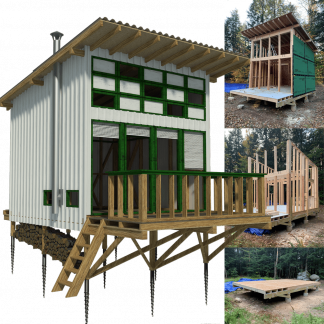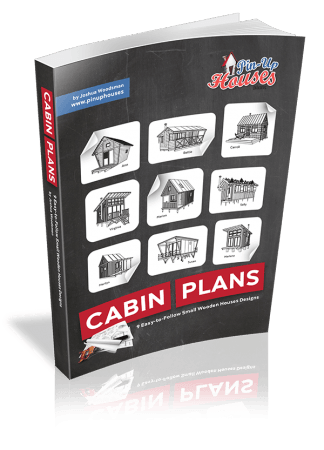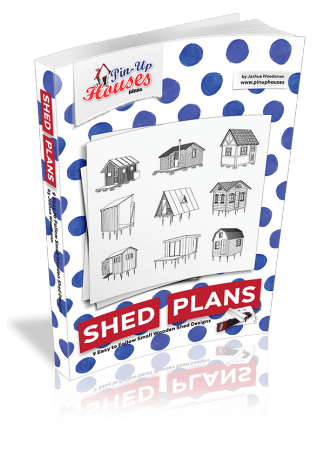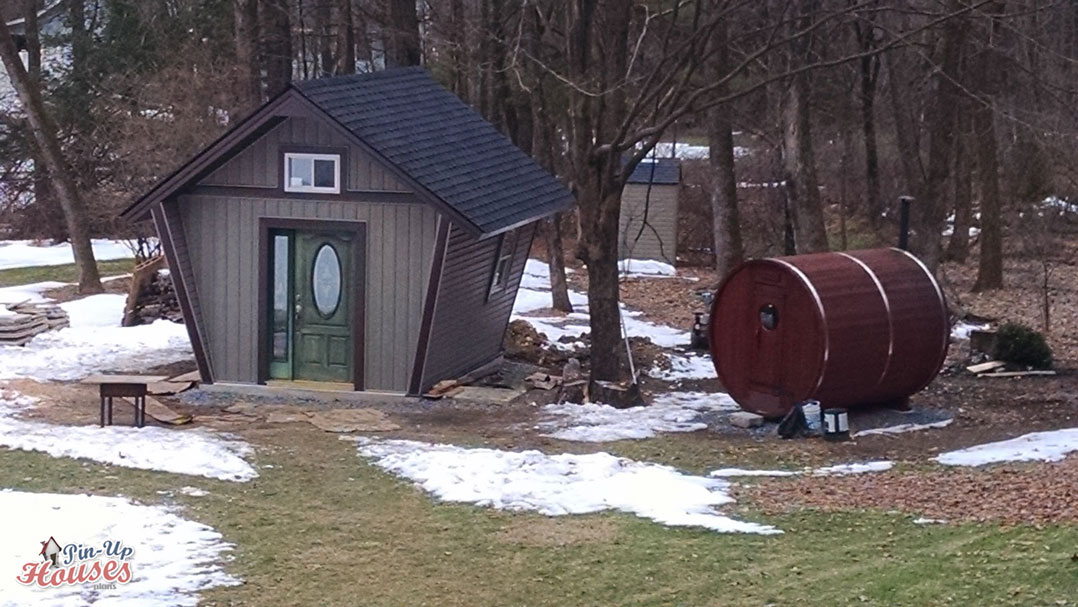
Weatherproofing your home can go a long way in ensuring its longevity. In harsh weather conditions, such as extreme cold and extreme heat, weatherproofing provides comfort by keeping the weather at bay.
In areas with extreme weather, such as rain, the exterior walls of the house can damage. It can lead to cracks in the outer wall, which results in a weak structure of the building. Hence, making it unsuitable for inhabitation. For this reason and more, weatherproofing is the best solution. Apart from this, regular care and maintenance are also required to prevent irreparable damages.
You need to invest money to weatherproof your home. Despite this, it is something that you should do to prevent your home from getting damaged and for a comfortable living.
Here are five effective ways to weatherproof your home:
Weatherproof paint
For the exterior walls of your house, weatherproof paint can be quite useful. These paints protect the walls from experiencing damage. In addition to this, it prevents moisture from reaching the inner walls of the house. Humidity leads to fungal growth and mold, which weakens the structure of a building. Moreover, it leads to odors and is harmful to your health.
Weatherproof paint is best for humid weather. However, weatherproof paint is not the only solution against extreme weather conditions. It does prevent moisture but will not prevent water from getting to the basement. You require other solutions for this.

Insulation
Insulation is excellent for weatherproofing. It keeps the home comfortable in case of extreme weather conditions. In summers, it prevents heat from coming in. Likewise, in winters, it prevents cold air from coming in. With insulation, you can maintain a fixed temperature. It also prevents drafts from the outside. Installation of insulation is along the walls and the floor.
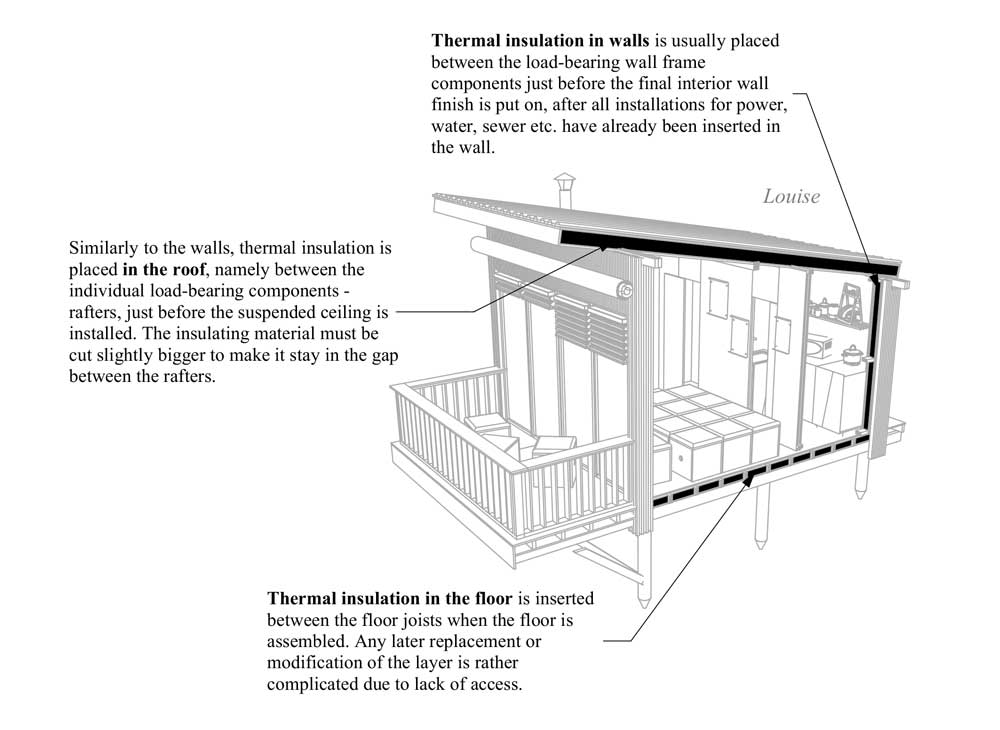
Awnings
We normally see commercial canopies and awnings installed along with shops. However, you can install awnings in homes as well. There are various types of awnings, including retractable and foldable awnings. In addition to this, you can install awnings on the patio to block the sun out as well. Installing outside your room prevents sunlight from directly coming into the room. During the winters, however, awnings can be retraced for natural light to come in. Hence, you can use these according to the weather. It is a better alternative to permanent roof structures, which makes it economical.
Gutters
Gutters along the roof of the house provide drainage and ensure that water does not collect. They prevent water from collecting on the roof and reaching the foundation. Often debris, such as rotten leaves and dirt, collects in the gutters that prevent proper drainage. Aluminum gutters offer a durable, lightweight, and cost-effective solution that stands up well to various weather conditions and requires minimal maintenance. Their versatile and eco-friendly nature not only enhances a home’s appearance but also effectively protects its foundation and prevents erosion. Moreover, installing mesh above the gutter and leaf guards prevents this problem.
Sealing
Ensure that you hire a professional to seal all leakages and cracks to avoid further damages to your house. Leakages from faulty plumbing can damage the property. Hire a professional plumber to detect leakages, find the location of the leakage, and seal the plumbing.

